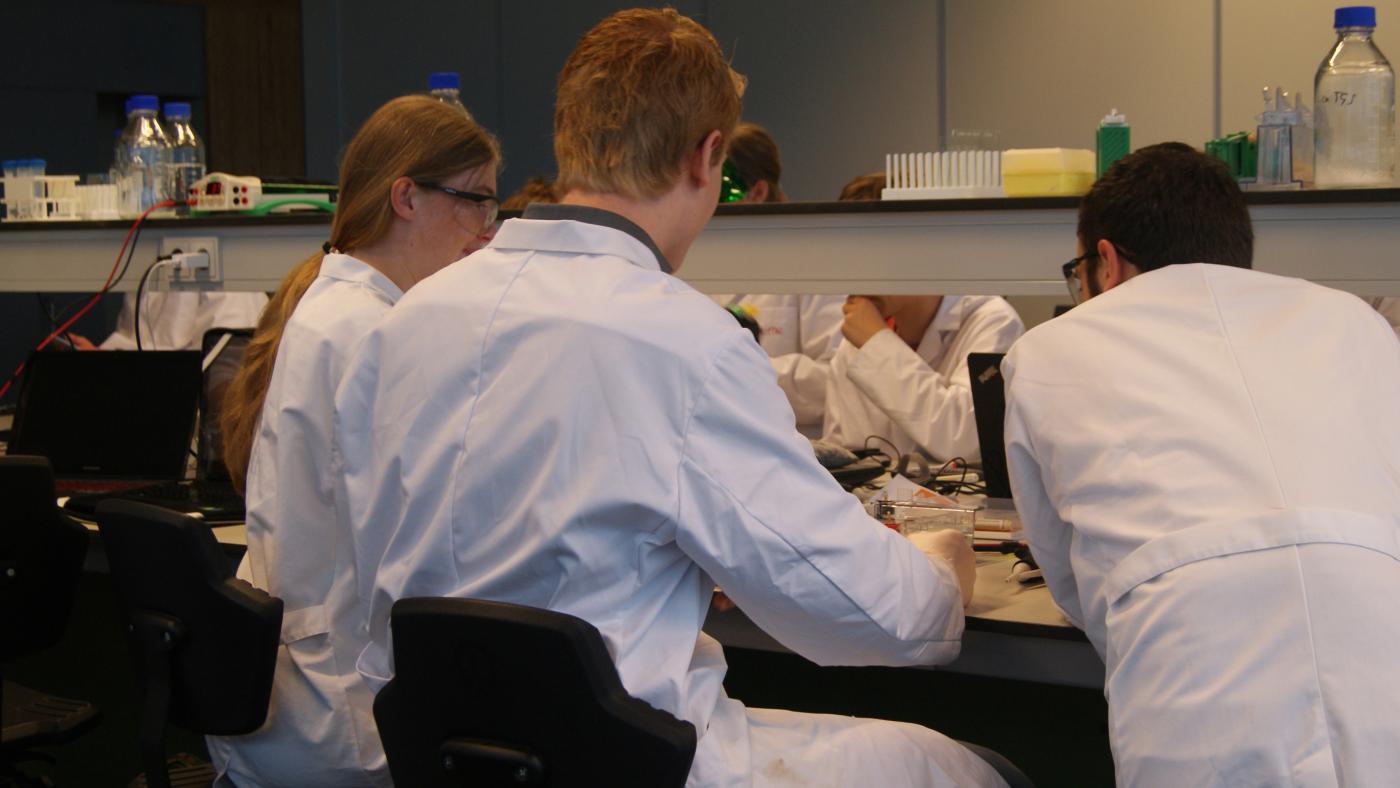New study: 'Raise the visibility of postdoctoral researchers'

Postdocs are by and large fairly satisfied with the work they do and their relationships with their colleagues and immediate supervisors. Yet, nearly half of them indicate that they suffer from constant levels of stress and one-third from concentration problems, sleep deprivation and depression. These figures demand action, says Leiden researcher Inge van der Weijden, who believes that these mental health issues may be caused by the constant state of uncertainty experienced by many postdocs. The majority of postdocs are pessimistic about their chances of an academic career. Moreover, they are critical about the guidance offered by universities in finding subsequent employment.
“Postdoctoral researchers are basically always taken on temporarily on a project basis,” explains Van der Weijden. “This means uncertainty and competition: everyone needs to be just that little bit better and secure just that much more funding than their colleagues. And that latter, in particular, can be difficult for younger researchers. Because without grants no papers, but without papers no grants.”
Umbrella category
Collaborating with researcher Christine Teelken of Vrije Universiteit Amsterdam, Van der Weijden surveyed opinions among almost seven hundred postdocs employed at eight Dutch universities. Slightly more than half come from abroad while the majority of the respondents are classified as either ‘researcher 3’ or ‘researcher 4’.
And it is in these scales that a problem immediately becomes obvious. “These are umbrella categories that only serve to exacerbate the invisibility of postdocs,” says Van der Weijden. “We distributed our survey via the HRM departments of the universities and even they found it tricky to determine the exact number of their postdocs or to identify them.”
This is one of the reasons postdocs are often overlooked. “Meetings often involve managers, researchers and PhDs, but no one thinks of inviting a postdoc researcher.”
Network
The researchers therefore advocate greater visibility and a more enshrined raison d’être for postdoctoral researchers by allocating them their own university job profiles. They also believe that universities should offer their postdoctoral researchers better career counselling, for example though a postdoc training programme and their own network which would also include former postdocs. “Even if you hire someone on a temporary basis, you have a responsibility to help that person think about the next step in their career,” says Van der Weijden.
Greater visibility and employment certainty will boost job satisfaction among postdocs. A further improvement would be to have postdoc supervisors undergo training in recognising psychological complaints, the researchers claim.
Reducing the stigma surrounding mental health problems in academia would be a welcome development. “Discussing stress among students is becoming less and less of a taboo,” says Van der Weijden. “Hopefully, the same will soon be true for psychological complaints suffered by postdocs.”